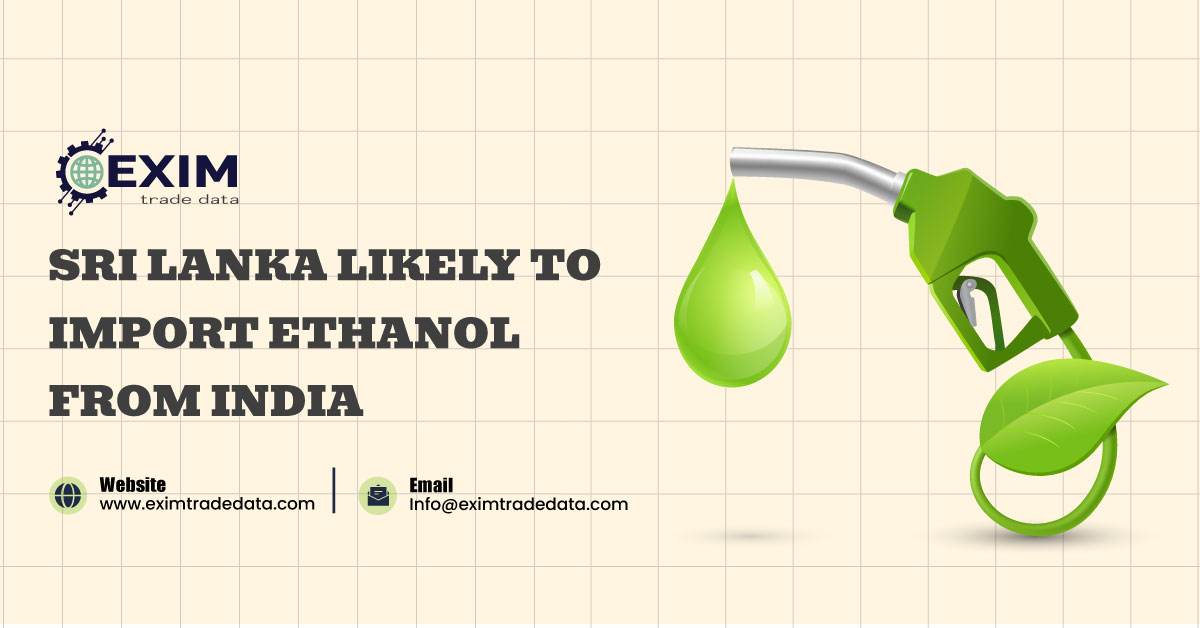Tanzania Coffee Export 2024: A Brew of Opportunities
Tanzania, known for its stunning landscapes and rich culture, is also home to some of the finest coffee beans in the world. As we dive into 2024, the Tanzania coffee export market shows promising trends, making it an exciting time for coffee enthusiasts and exporters.
Tanzania's unique geography, characterized by its high altitudes and fertile volcanic soils, creates ideal conditions for coffee cultivation. The country's diverse climate allows for the growth of various coffee varieties, including the renowned Arabica and Robusta beans. With regions like Kilimanjaro, Arusha, and Mbeya leading in production, Tanzanian coffee is celebrated for its bright acidity and rich flavors.
As we head into 2024, the government and local farmers are increasingly adopting sustainable farming practices, ensuring that the Tanzania coffee export market flourishes economically and supports environmental conservation. This commitment to quality and sustainability is attracting more international buyers, further enhancing the prospects for Tanzanian coffee on the global stage.
So, are you ready to explore the latest statistics, trends, and insights into the Tanzania export data 2024? Let’s get started
A Snapshot of Tanzania’s Coffee Production
In 2024, Tanzania is projected to produce approximately 1.5 million 60-kilogram bags of coffee, maintaining its position as one of Africa's leading coffee producers. This figure reflects a steady growth compared to previous years, driven by improved farming practices and increased investment in coffee cultivation.
Tanzania Coffee Export Data 2024
According to the latest Tanzania export data, the country exported around 1.2 million bags of coffee in the first half of 2024. This is a notable increase from 1.1 million bags during the same period in 2023. The key markets for Tanzanian coffee include the United States, Germany, and Japan, where consumers appreciate the unique flavors of Tanzanian beans.
Key Statistics
The Role of Global Import Export Data Providers
Understanding global import and export data is crucial for everyone in the coffee industry. Global data providers give useful information about market trends, which helps exporters make smart decisions. By using import and export data from 2024, businesses can find new markets and improve their supply chains.
Challenges and Opportunities
While the Tanzania shipment data indicates positive trends, challenges such as climate change and fluctuating global prices remain. However, with the right strategies, Tanzanian coffee can continue to thrive in the global market. Increased focus on sustainability and quality can enhance the Tanzania trade data, making the coffee more appealing to international buyers.
Closing the words
As we look towards the future, the Tanzania coffee export market is filled with potential. With robust growth in production and exports, 2024 is set to be a landmark year for Tanzanian coffee. By leveraging Tanzania export data and insights from global import export data providers, stakeholders can navigate the evolving landscape and capitalize on the opportunities that lie ahead.
Stay tuned for more updates as we continue to monitor the developments in Botswana's tobacco market throughout 2024! For more latest updates reach out at https://eximtradedata.com/
FAQ
1.How much coffee is Tanzania expected to produce in 2024?
Tanzania is expected to produce approximately 1.5 million 60-kilogram bags of coffee in 2024.
2. How many bags of coffee did Tanzania export in the first half of 2024?
Tanzania exported around 1.2 million bags of coffee, in the first half of 2024.
3. Which countries are the key markets for Tanzanian coffee?
The main markets include the United States, Germany, and Japan.
4. What challenges does the Tanzania coffee export market face?
Challenges include climate change and fluctuating global prices.
5. How can global import export data providers assist stakeholders in the coffee industry?
They offer valuable insights into market trends and help exporters make informed decisions using import and export data for 2024.




Comments
Post a Comment